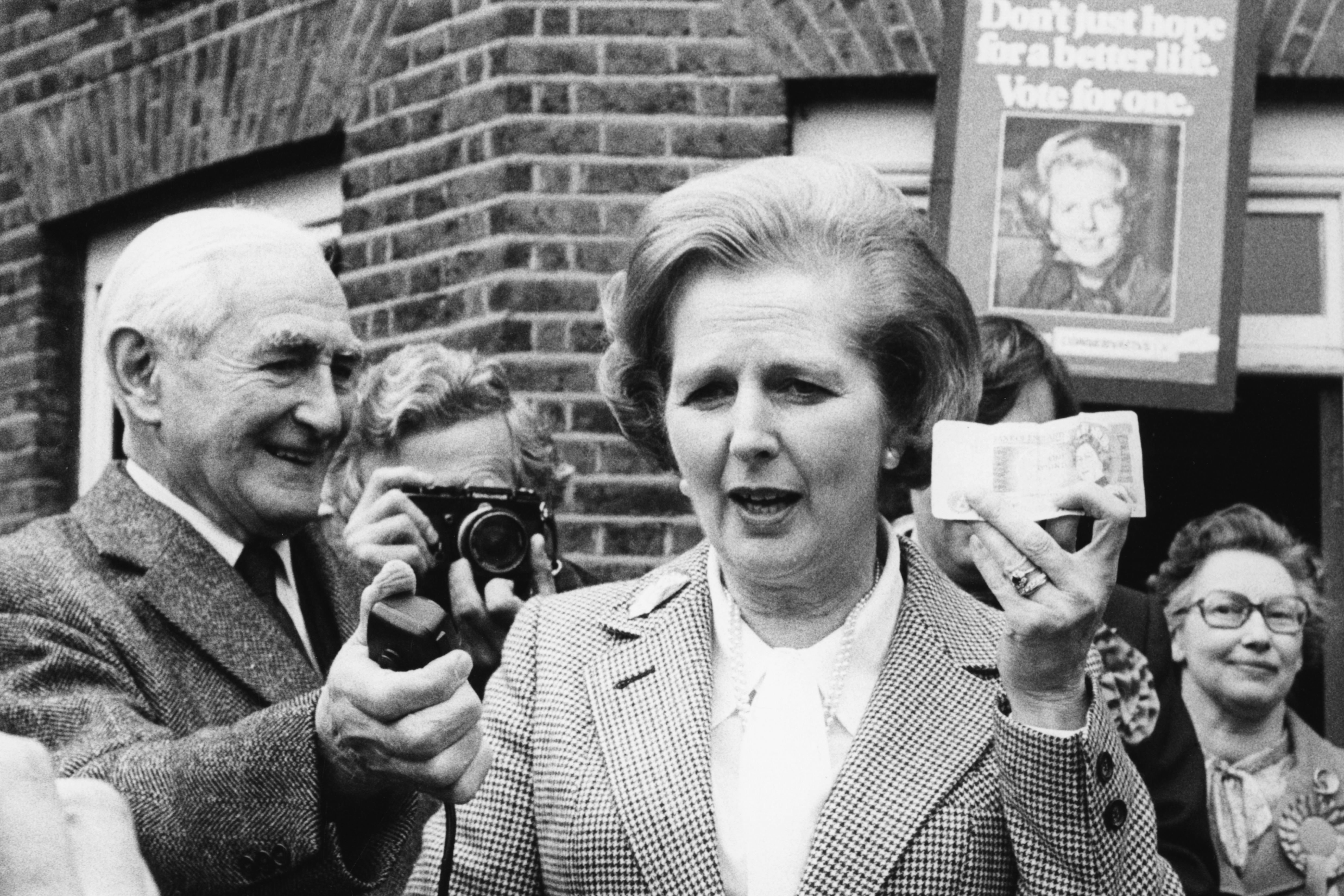The financial markets, and much of the media, seem obsessed by the level of public sector debt and borrowing. But, by international standards, the UK is hardly an excessive borrower. The average maturity of government stock – gilt-edged – is 14 years, twice the average of comparable advanced economies. As it happens, gilts are in great demand.
I recently drew attention to the distinction made by Mario Draghi, former president of the European Central Bank and former prime minister of Italy, between “good debt” and “bad debt”. Good debt is incurred for financing physical investment and infrastructure, the importance of which has been stressed repeatedly by Keir Starmer and Rachel Reeves. Bad debt? We won’t go into that.
In which context it may be appropriate to remind readers amid all the tributes – not being made by me – to Mrs Thatcher (born 100 years ago) that she got her “household” economics hopelessly wrong by not appreciating the distinction between day-to-day spending and long-term borrowing. Obsessive worriers about debt may like to note that the UK did not finish repaying debts incurred during the first world war until 2015 and from the second world war until 2006.
The markets and the media should be more concerned about the recent warning from Bank of England governor Andrew Bailey that he hears “alarm bells” over the growth of private credit and US corporate failures, with echoes of the approach to the 2008 crisis.
Goodness me! We are still experiencing lingering damage from the 2008 crisis, which was caused partly by deregulation which, almost unbelievably, has been back in fashion. As a retired banker recently observed: “It is ironic the 2008 crash was caused by excessive bank lending and the next cause may be a lack of bank lending as unregulated loans have proliferated and taken their place.”
Bailey has also, and quite rightly, been drawing attention to the damage caused by Brexit, on which, oddly enough, the chancellor appears finally to have got the message – or, at least part of it. is somewhat disingenuous of Reeves to claim the damage caused by Brexit is suddenly apparent. Some of us have known this for some time. Indeed, we have gone on about it.
The Office for Budget Responsibility recently put the damages as a permanent loss to output and productivity of about 4% a year, with a savage impact on investment and costs, not least the cost of food. And the National Institute of Economic and Social Research put the figure higher, as did media mogul Michael Bloomberg who pronounced Brexit the “stupidest thing any country has ever done”.
Mrs Thatcher didn’t appreciate the distinction between day-to-day spending and long-term borrowing
Mrs Thatcher didn’t appreciate the distinction between day-to-day spending and long-term borrowing
Now, hey presto, the chancellor has shared with us the dramatic news that this imposes a serious constraint on her budgetary freedom. I have to emphasise yet again that the clamour for tax increases in the next budget – it is still a month away, despite all the speculation – reflects a fundamental misreading of the macroeconomic problem. Tax increases will be required in the longer term to finance expected increases in public expenditure. But to raise taxes now, when demand in the economy is still weak, would be counterproductive to the government’s growth objectives.
As Adam Smith noted: “There is no art which one government sooner learns from another than that of draining money away from the pockets of the people.”
There is a time and place for such fiscal action. Meanwhile, among the unsolicited advice Reeves has received is the view she should not rely on the infamous “stealth tax” – ie, failing to increase allowances as inflation pushes income earners into higher tax brackets. This is known as “fiscal drag” (I note a horse called Fiscal Drag was entered but failed to start at a recent race.)
Newsletters
Choose the newsletters you want to receive
View more
For information about how The Observer protects your data, read our Privacy Policy
I suggested above that Reeves has got the Brexit message, but only part of it. In common with the prime minister, she advocates a closer relationship with the EU and there are signs of progress, such as free movement for the young. While welcome, such signs are peripheral. Doing “whatever it takes” means no less than applying to rejoin the European customs union and single market.
I didn’t get where I am today making too many forecasts, but I am reasonably sure that such a move would give a healthy boost to business confidence, investment and trade – and to that of our former EU trading partners.
Photograph by Geoff Bruce/Central Press, Getty Images



